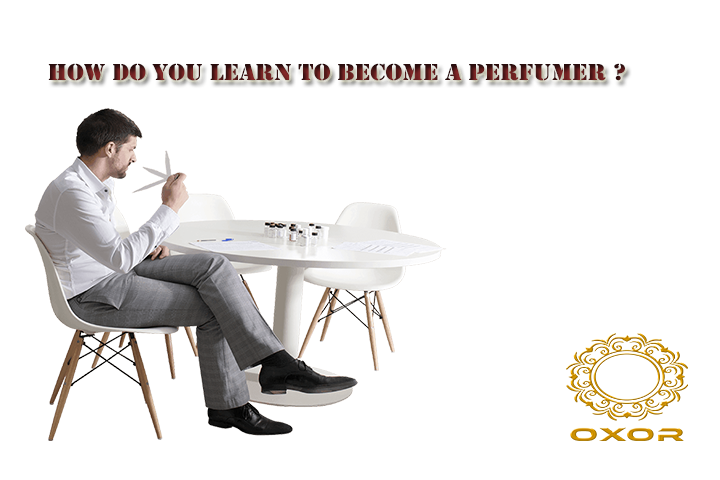
How do you learn to become a Perfumer ?
I will speak about my own experience which is partly self taught and partly shared experiences in participation with other perfumers who come from very highly regarded schools. I thank them for sharing their knowledge and experience with me over the years. By no way this is exhaustive and complete. Perfumery is mostly about experience and although you can study, your learning curve will be upward only based on your practical experience.
Start learning olfactive materials
For an aspiring perfumer some of the basics is to learn the various olfactory materials and to start training your nose in identifying the various smells. There are more than 300 ingredients to smell and memorise and the next step is to understand the nuances of the ingredients. For example, Clary sage has nuances of amber, tobacco, hay effect. Indole is a chemical compound which can smell either floral or feval depending on the intensity. It is this understanding of nuances helps the perfumer to create compositions and complement the different ingredients and balance it to perfection.
It is also very important to understand the various families like Chypre, Aromatic, Citrus, Fougere, Floral, Woody, Oriental, Leathery . Once you start understanding the families, you will be able to understand the various ingredients in the composition. Just like a written exam you need to memorise the smells which helps you to identify the various materials in the accord.
One can even start learning to smell at home by smelling fruits, spices, woods to try train your nose and smelling them back and forth and understanding any changes in the smell in the different ingredients. Try smelling citrus and orange in your home alongwith some spices back and forth to start learning how to create accords.
Having trained yourself sufficiently in understanding the different smells and understanding the various ingredients in the accord, you should now reach a level of taking a fragrance project and matching the fragrance. In other words understanding the ingredients in the composition, in what amounts it is used in the composition and then try to recreate the fragrances or match it to perfection. As I mentioned earlier, this is by no means exhaustive and these tips are ‘tips of the iceberg’
If anyone is interested, in an another post, I will try to cover some key aspects of commercial production of perfumery and some superior methods to enhance longevity of perfumes.
Like share or comment. Visit my instagram for more information.

